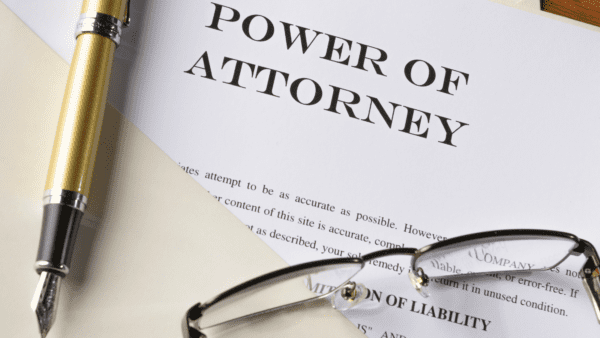Is it Possible to Override a Power of Attorney?

Many legal instruments provide useful in day-to-day life. Among these, the power of attorney and the living will with a health clause that specifically addresses a do not resuscitate order. Once you have created one of these legal instruments though, you might ask yourself, who can override power of attorney? The answer depends on the type of power of attorney you had created. A power of attorney lets an individual, known as the principal, designate another individual, known as the agent, to manage their finances and medical needs if they were to become incapacitated due to age, injury, or illness. You can obtain a power of attorney to protect one or the other or both needs.
The principal named in the power of attorney retains the right to amend or override the power of attorney as long as they remain of sound mind. Even if they sustain a physical injury, as long as mentally they retained the abilities of reason and logic and they have a method of communicating their choices, they can amend the power of attorney.
In some cases, outside parties may notice activities that raise concerns about the actions of the agent when the power of attorney has been enforced. The agent may seemingly make poor decisions that could hurt the principal. The outside party can bring these concerns to the principal as long as that individual remains of sound mind.
In situations where the principal cannot make logical and rational decisions or their incapacitation renders them unable to make decisions or contribute to the decision-making surrounding their own care, the outside party must approach the court to override the power of attorney through the principal’s attorney. If the power of attorney had named an alternate agent, the attorney can remove the incumbent agent and replace them with the alternate so long as the incumbent willingly steps down.
What if the agent refuses to step down, you ask?
In situations where the principal cannot make logical and rational decisions or their incapacitation renders them unable to make decisions or contribute to the decision-making surrounding their own care, the outside party must approach the court to override the power of attorney.
The principal’s attorney files a petition in a court of law to engender the court to amend the power of attorney and remove the incumbent agent. The court hears arguments from both sides and potentially testimony. This may include doctors, nurses, witnesses to questionable behavior or decisions, accountants, etc. The court weighs both sides and makes a determination that in its opinion best serves the law. That is because the judges, referred to as the bench, must adhere to the law. The bench examines relevant case law when needed to determine what action other jurisdictions made in similar cases.
In these cases, where an individual wishes to have the power of attorney overridden, you must prove that the incumbent agent acted inappropriately and the principal suffers from mental incapacity such as warrants their inability to remove the agent themselves.
You can much more easily override the power of attorney as the principal who created it. Other situations require the attorney of the principal and a potential court appearance.
Similar Posts:
- Realizing the Importance of Power of Attorney for Seniors
- Tips for Finding an Attorney if Your Child Slips and Falls
- How a Good Lawyer Can Save You Time and Money in a Stressful Situation
- Maximizing Your Compensation: Strategies Birth Injury Lawyers Use
- Steps to Take After a Personal Injury for Full Rehabilitation and Compensation









